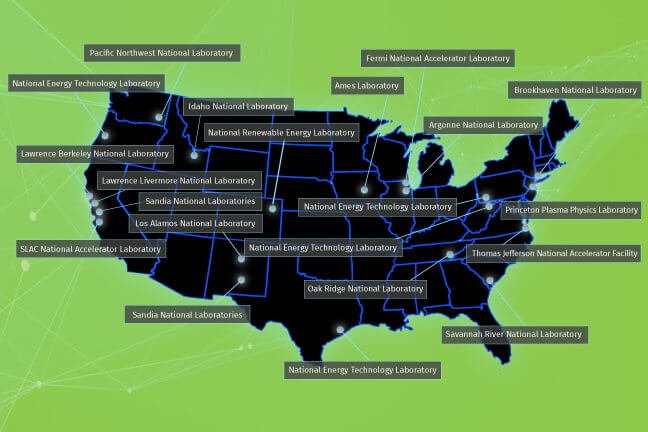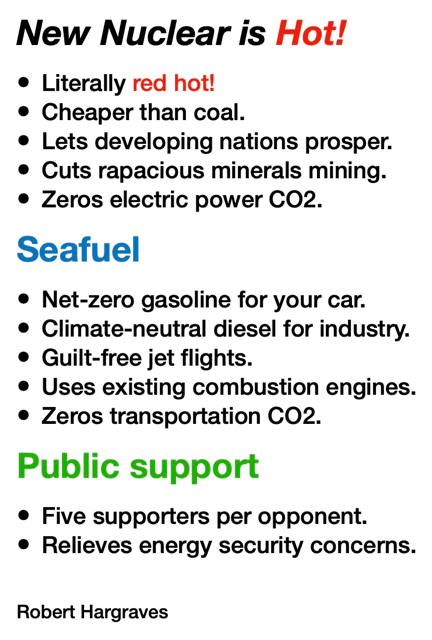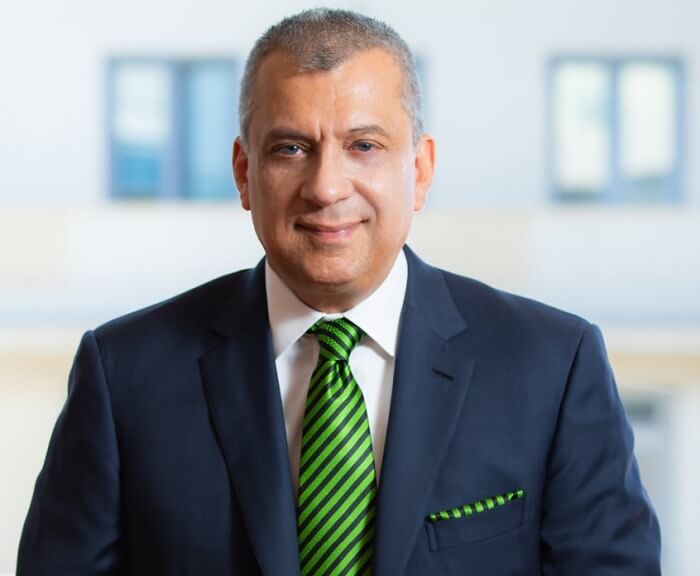On May 1, the stars came out to play. The stars I’m referring to are the directors of five of the Department of Energy’s 17 national laboratories, who shone at a virtual press briefing presented by the U.S. Energy Association.
The virtual press briefing (full disclosure: I was the organizer) was, in a sense, historic. While they work closely together, the directors of the national laboratories don’t usually appear together, as there is typically no forum for them to do so.
“The labs,” as they are known collectively, are unique: a powerful muscle in America’s arm, little known outside their communities, and whose work is generally not well-publicized or understood.
I have been starstruck by the labs since I first encountered them in the 1970s, covering the energy crisis that erupted in the fall of 1973. Earlier that year, I had created The Energy Daily, so I was in the throes of writing about the crisis.
It is forgotten now, but the crisis was a tremendous threat to the nation and the world order. The energy shortage was as big a challenge as anything posed by the Soviet Union. It shook the country as nothing else had since the end of World War II. A shrinking economy was in prospect. In 1974 alone, 23 heads of state lost their jobs because of the economic chaos the crisis had unleashed.
The great weapons laboratories (controlled by the Atomic Energy Commission, a predecessor of the DOE), Argonne, Lawrence Livermore, Los Alamos, Oak Ridge and Sandia sprung into action with a new mission: Solve the energy problem.
I visited all those labs frequently; for me, they were where science, engineering and poetry came together. Yes, poetry. Scientists can dream of a better world with some hope of bringing it about. The numerate dreamer has the edge over the purely literate dreamer.
The labs produced across the board. They were instrumental in the oil and gas fracking boom, making solar efficient and wind turbines competitive. They did pioneering work in geothermal and some technologies that weren’t ultimately needed, like coal gasification.
They were also instrumental in spheres as diverse as mapping the human genome and creating an artificial human protein.
Aside from their permanent role in nuclear weapons readiness and technological development, the labs, according to their leaders, are hard at facilitating the transition of electricity generation from fossil fuels to carbon-free fuels — the green future.
Here is a sampling of passions from the lab leaders at the May 1 briefing:
Martin Keller, director of the National Renewable Energy Laboratory, was enthusiastic about the future and a new energy regime, which includes hydrogen, benefiting rural America in a “more resilient and dependable way.” He also warned that the labs face a continuing challenge in getting discoveries out of the labs and into the marketplace.
Kimberly Budil, director of the Lawrence Livermore National Laboratory, is an enthusiast for fusion power. She believes it is within 25 years of commercialization. Her lab has had outstanding successes with inertial fusion.
Steven Ashby, director of the Pacific Northwest Laboratory, looks at using artificial intelligence to integrate the increasingly complex electric grid. He pointed out otherwise that his lab was “particularly well-known for our expertise in chemistry.”
Stephen Streiffer, director of the Oak Ridge National Laboratory, spoke enthusiastically about small modular reactors and the future need for nuclear power. He said, “What is needed now is public-private partnerships to (financially) de-risk them.”
Claus Daniel, associate director for advanced energy technologies at the Argonne National Laboratory, said that to meaningfully impact the effects of carbon in the atmosphere, “we have to have life-cycle analysis.”
Another common theme was the importance of the labs’ work in electricity storage and finding substitutes for lithium, cobalt, copper and rare earths that come from troubled sources.
All of the directors emphasized the critical work the labs are doing in cybersecurity as a priority. Ruefully, PNNL’s Ashby said, “Hopefully, it won’t get a lot of press because we’ve succeeded.”
That might say much of what the labs do. When they succeed, it can be because they have found answers and exerted a silent hand.









